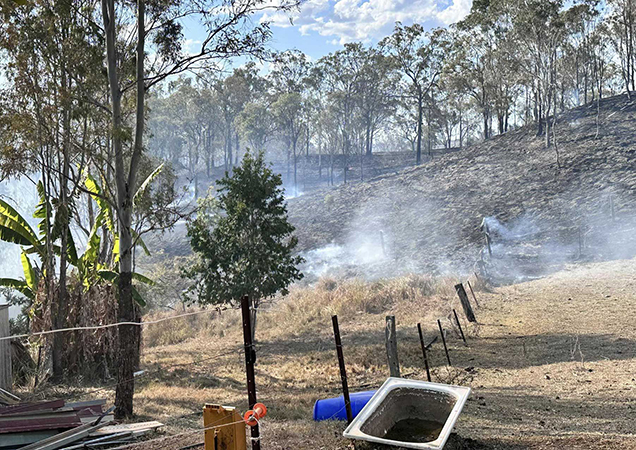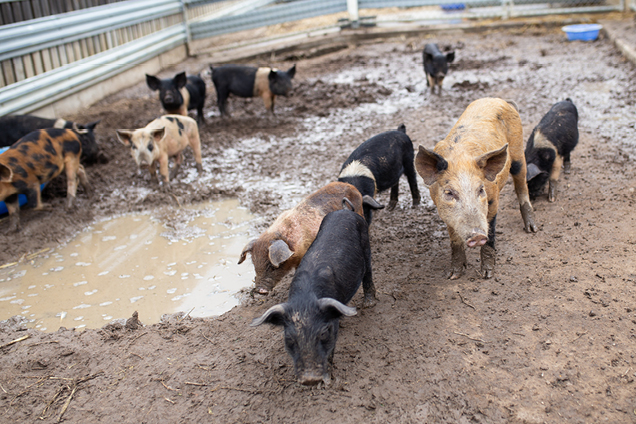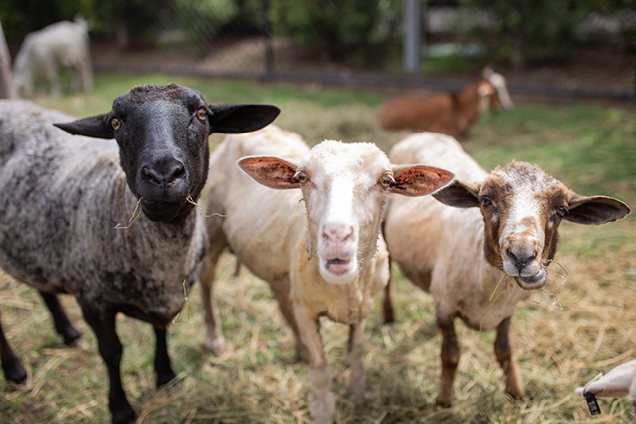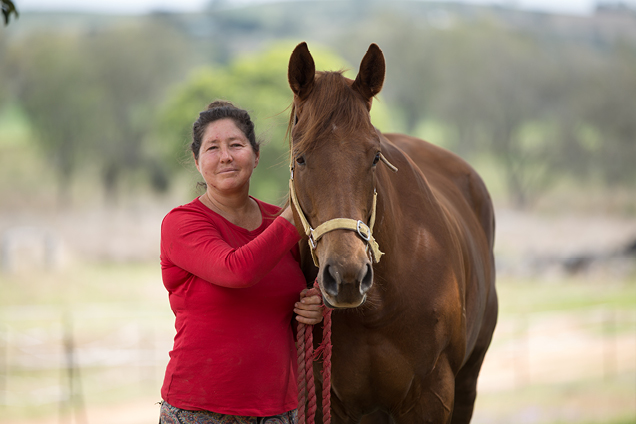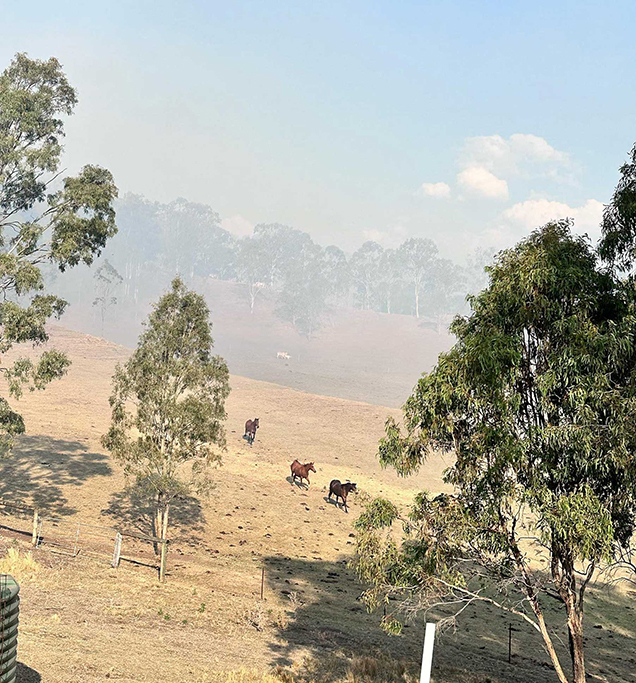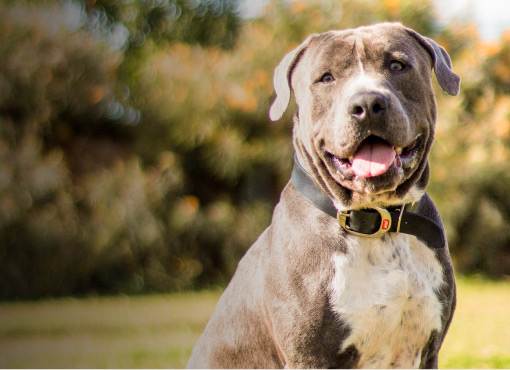With scorching summer temperatures forecast as El Nino sets in across Queensland, it is very important to ensure the health and wellbeing of your pets and livestock during bushfire season by following some simple steps.
Queensland’s local council websites include disaster dashboards providing important information to support local communities during and after disaster events. Find your local council disaster dashboard here.
Inspectorate and Rescue Support Team Leader Sommer Heath-Crilley said the hot, dry and windy weather is coming thick and fast.
"The change in weather can mean limited pasture, dams drying up and bushfires. We are already seeing the unfortunate effects with an influx of horses coming into RSPCA care in poor condition."
"The time to act is now with preparation key."


